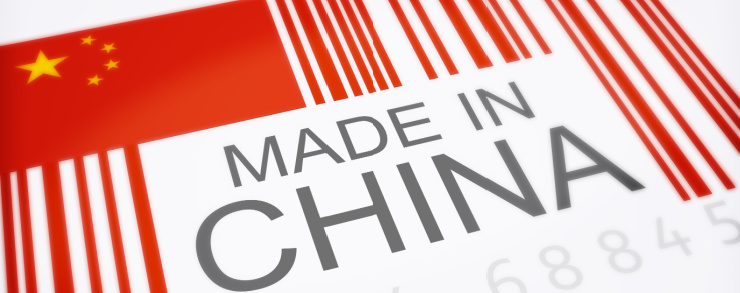
Stanley Black & Decker, a storied American tool brand, wanted to build wrenches in America, but failed to do so profitably. Here’s the sad story of what transpired when the company tried to make wrenches in Texas, as told by John Keilman in The Wall Street Journal:
The world’s largest tool company couldn’t figure out how to make a wrench.
Stanley Black & Decker SWK -0.08%decrease; red down pointing triangle built a $90 million factory on the edge of Fort Worth, Texas, intending to burnish the Made-in-the-U.S.A. luster of the Craftsman brand by forging mechanics’ tools with unprecedented efficiency. But the automated system was a bust, and the tools that were supposed to be pumped out by the million are so hard to find that some consider them collector’s items.
In March, 3½ years after breaking ground, Stanley announced it was closing the factory. The property is now being advertised for sale.
The Craftsman plant was a high-profile example of a drive among U.S. manufacturers to bring offshored plants back home. Government incentives and a desire to shorten supply chains have sparked a factory-building boom. The high cost of American labor makes automation critical for plants to turn a profit.
Turning manual tasks over to machines, which are supposed to churn out goods with minimal human involvement and maximum productivity, poses its own challenges. The Craftsman factory’s first-of-its-kind system was supposed to make tools so efficiently that costs would be on par with China, but ex-employees said it had problems that couldn’t be fixed before the company decided to pull the plug.
“It was supposed to be different,” said Tom Felty, who worked in the factory as an electroplating engineer. “It was supposed to be bringing the Craftsman brand back. It was all these new technologies. It’s why I moved from North Carolina to Texas to be a part of it, and it was an absolute disaster.”
Echoing a previous statement, Stanley blamed several factors for the plant’s closure.
“We endeavored to make Craftsman mechanics tools in a new and innovative way,” a spokeswoman said. “The events of Covid and supply chain challenges, coupled with technology that did not meet our expectations, resulted in the discontinuation of operations.”
Read more here.




